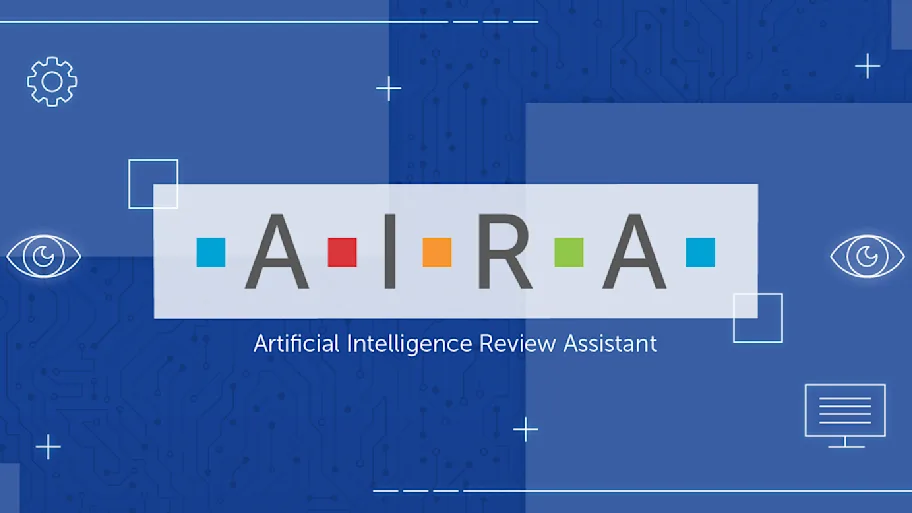
- Science news
- Frontiers news
- The role of peer review in publishing
The role of peer review in publishing
Peer review plays an integral role in the proliferation of knowledge. It is widely recognized among the academic community as a vital mechanism for assuring quality in scientific literature. By filtering scientific research through well-regarded experts in the relevant field, the scientific community ensures that disseminated information is founded on sound research and public knowledge is safeguarded.
Today, the scale of publicly available information is unprecedented, and its contents often unvalidated. Without the structure of rigorous peer review, particularly in an expanding online context, the literature landscape informing scientific progress risks becoming the new “wild west”. Unsubstantiated and irresponsible research may be released to the public with potentially dangerous results. However, by subjecting scientific literature to a thorough peer review, we can ensure that only accurate information is shared. This knowledge is then drawn upon to enable accurate scientific solutions, as opposed to creating confusion and more uncertainty.
The past 20 years has seen a growing demand among publishers for transparency and a higher level of quality in peer review. In contrast to the more traditional “behind closed doors” approach, a more transparent system inspires trust in the process between authors, reviewers and readers, giving the work more credibility. Diverse peer review models have emerged over the past couple of decades that seek to bring both transparency and quality into focus. This, combined with the internet’s capacity for technical innovation and flexibility, has enabled a new level of positive change in peer review.
It was in this context Frontiers set out to achieve its vision of making peer review rigorous, transparent, collaborative, and efficient. Taken together, these are an integral part of our broader vision of making science open.
Rather than having an insular system created by elite academics, which can privilege their own or the publisher’s agendas, the innovative review system at Frontiers incorporates experts from around the globe in a collaborative and objective review process, allowing for direct interaction between the authors and reviewers. Our system both filters out poor or invalid research and enables a constructive and iterative route to improve the submitted work through a collaborative interaction.
Frontiers seeks to ensure quality at every stage of this review process with input from our Editorial Office and, increasingly, artificial intelligence. The Editorial Office acts as an enabler and mediator between all parties involved in the review, ensuring open communication is maintained and the process is robust and efficient.
Manuscripts cannot enter review unless they reach certain transparent quality standards. Any outstanding ethical or quality concerns are scrutinized and addressed during review. Editors on our boards, who are leading experts in their fields, engage reviewers from their networks and beyond to review submitted papers. These reviewers provide an anonymous critique in the form of a structured review report and all reports must reach a sufficiently high standard of rigor. Reviewers are recognized on published papers and their contributions acknowledged, thereby ensuring accountability and upholding quality. Our rejection criteria is well defined and transparent, and we believe peer review must be centered on objective criteria for the validity and quality of the work presented.
Since the beginning, Frontiers has innovated to improve peer review. We were the first publisher to take scientific publishing entirely online through a suite of powerful, digital tools. Our peer review process assists authors to improve their manuscripts, reviewers to provide targeted and thorough feedback on key aspects of the scientific method, and editors in both finding reviewers and monitoring the whole process. In an ever-advancing technological world, Frontiers continues to stay ahead of the status quo. We continue to build on our dynamic online review platform, combining developments in artificial intelligence to ensure rigorous review at all stages.
For authors, our platform has the advantage of ensuring their work is evaluated by experts in the field, guaranteeing the highest quality of output, and doing so swiftly through direct online interactions. This ensures their manuscript is improved and shared freely with the world as soon as possible. For editors and reviewers, these technological advancements and constant innovations ensure the highest level of quality checks are completed before any manuscript is released for their assessment, saving them time and ensuring they can focus on the research itself. Utilizing advancements in artificial intelligence further ensures that Frontiers reviews are of the highest quality, whilst maintaining transparency at scale.
Overall, innovation in peer review is creating more intelligent and efficient ways to ensure quality research is validated before being released openly for the benefit of mankind, aiming to enable all of us to live a healthy life on a healthy planet.
Blog authors
Rachael Benson, Review Operations Specialist: Rachael has an academic background in Anthropology and International Development and has been working at Frontiers since 2018. She works in the Review Operations team in Lausanne, specifically in Frontiers in Physiology.
Daniel Gilfillan, Review Operations Specialist: Daniel completed his post graduate studies in Cardiac Physiology in New Zealand before moving to Switzerland where he has been working for Frontiers in the Review Operations team.
Marie Soulière**, Head of Publishing Operations:** Marie earned a PhD in Biochemistry and engaged in post-doctoral research in Chemical Biology before joining Frontiers in 2013. She now leads the Publishing Operations teams focused on content management, ethical standards and ensuring high-quality peer review and publications.





